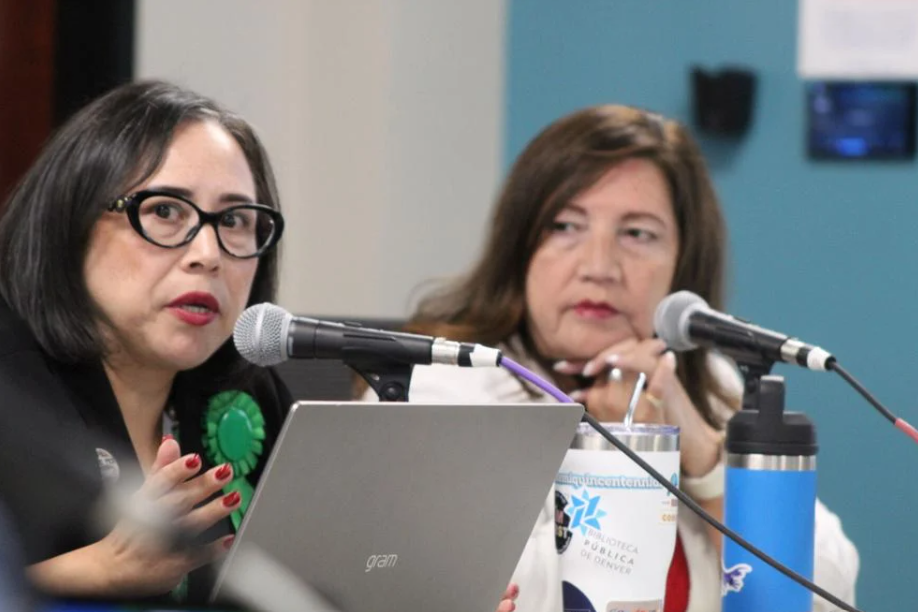Colorado community colleges could soon issue high school diplomas

A Colorado bill seeking to allow community colleges to award high school diplomas passed its first hurdle on Monday, receiving unanimous approval from a state Senate committee.
If passed by the full state legislature, Senate Bill 7 would allow community colleges, area technical colleges and local district colleges to issue high school diplomas to students who complete minimum high school graduation requirements. The requirements would be developed by the colleges based on guidelines from the Colorado Board of Education.
“We all know that education equals opportunity,” said Sen. Barbara Kirkmeyer, R-Brighton, who sponsored the bill. “If you don’t have an education, you can’t read or you’re not receiving a high school diploma, that leads to poverty, less wages earned, a harder life and more challenges for our families and for our Colorado residents.”
The bill would also add $2 million in annual funding to the state’s Adult Education Grant Program to help education institutions pay for the high school diploma programs – as well as require grant recipients to offer basic education in digital literacy, in addition to the already required literacy and numeracy education.
The bipartisan bill – also sponsored by Democrat Sen. Rachel Zenzinger of Arvada – received a unanimous 7-0 approval from the Senate Education Committee on Monday afternoon. No one testified in opposition to the bill.
“This bill today represents years of progress towards better supporting all adults in Colorado to be able to have the educational attainment they need in order to be full citizens,” Zenzinger said.
In 2019, 53.2% of Colorado’s working-aged households without a high school credential did not earn enough income to meet their most basic needs – a percentage that increases to 73.2% for households led by women of color, according to data from the Colorado Center on Law and Policy presented by Zenzinger. Around 300,000 Coloradans lack a high school credential, according to the Colorado Adult Education Coalition.
Nearly a dozen organizations registered and testified in support of the bill, including various adult education institutions throughout the state.
“In contrast to GED programming, adult high school diploma programs offer a competency-based pathway that’s more accessible, more appropriate, more equitable and more aligned to a high school diploma for our rural mountain communities – especially our historically excluded students,” said Dwenna Holden, program director at Colorado Mountain College.
Holden said Colorado Mountain College awarded 225 students with high school diplomas during its two-year-long Workforce Diploma Pilot Program, created by House Bill 19-1236 passed in 2019. That pilot program expired on July 1, and a bill seeking to extend the program failed last year.
Landon Pirius with the Colorado Community College System said allowing community colleges to award high school diplomas would also save students money.
“Right now, learners who come to us without a high school diploma or a GED can take classes with us, but they cannot qualify for federal help or most financial aid,” Pirius said. “We could support adult learners in achieving their high school diploma while they work towards an industry-aligned credential or degree program.”
The bill’s next stop is the Senate Appropriations Committee for consideration in the coming weeks.










